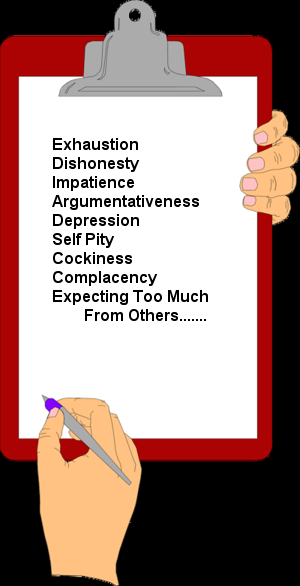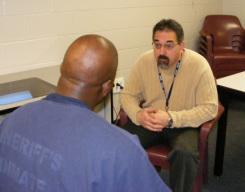Men Helping Female Partners Deal with Childhood Sexual Abuse
I clearly remember the day my wife, Liz, told me that she had been sexually abused as a child.
We were watching TV and I could tell she wasn’t really interested in the show.
“What’s wrong?” I asked her, unaware that her answer would turn my world upside down.

“My stepfather sexually abused me when I was a child,” Liz said.
There was a long period of silence as I searched for something to say. Here I was, suddenly presented with a startling revelation. I was dumbfounded.
Liz stared at me, waiting for a reaction.
Questions began to flood my thoughts. I really didn’t know what to think.
“What do you mean?” I asked. “Why would your stepfather do such a thing?”
Men Helping Female Partners Deal with Childhood Sexual Abuse Read More »


 And always, I felt inexplicably sad. Nothing made me happy. Most frightening of all, I made intricate preparations for my death. 1
And always, I felt inexplicably sad. Nothing made me happy. Most frightening of all, I made intricate preparations for my death. 1





